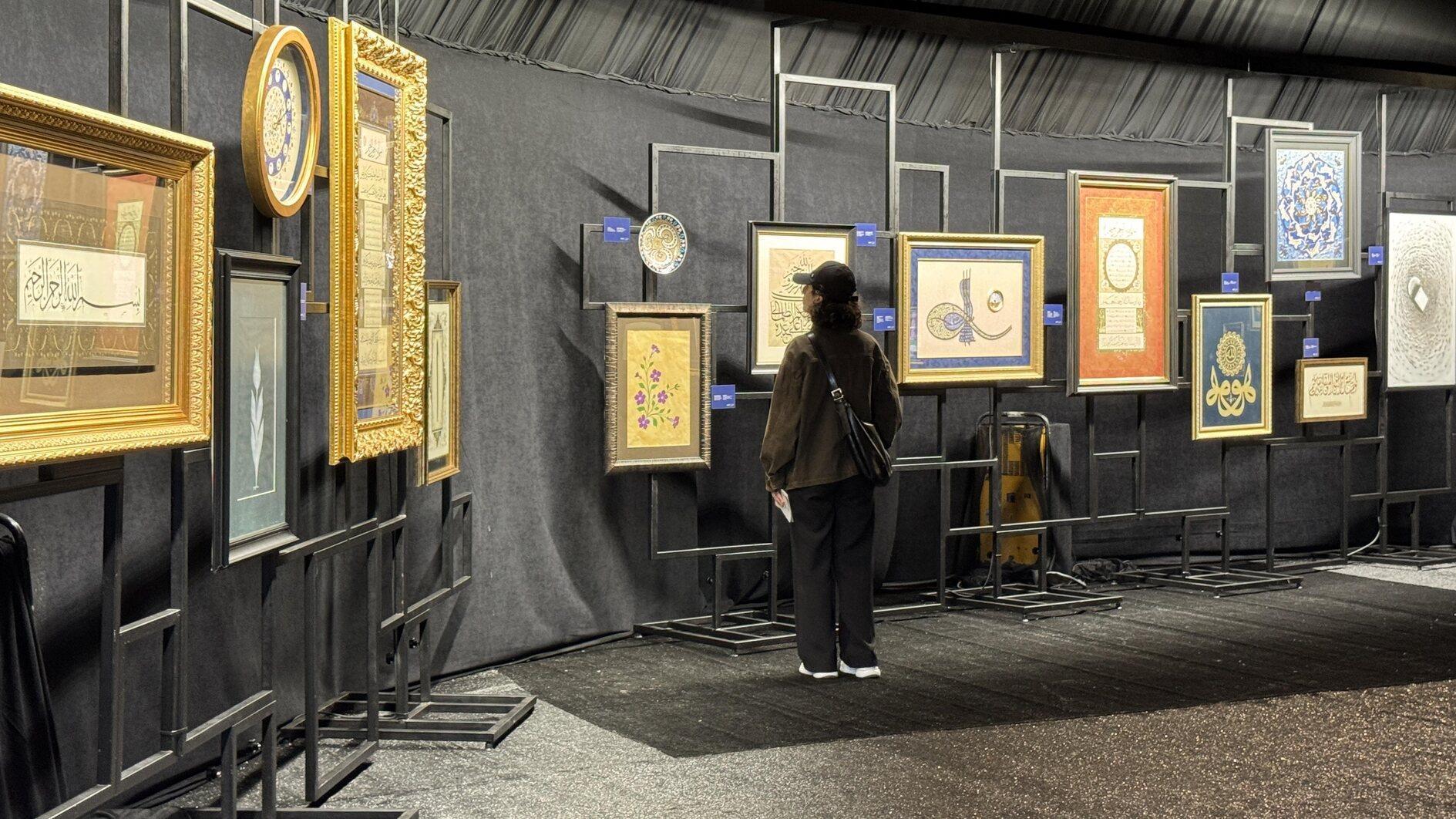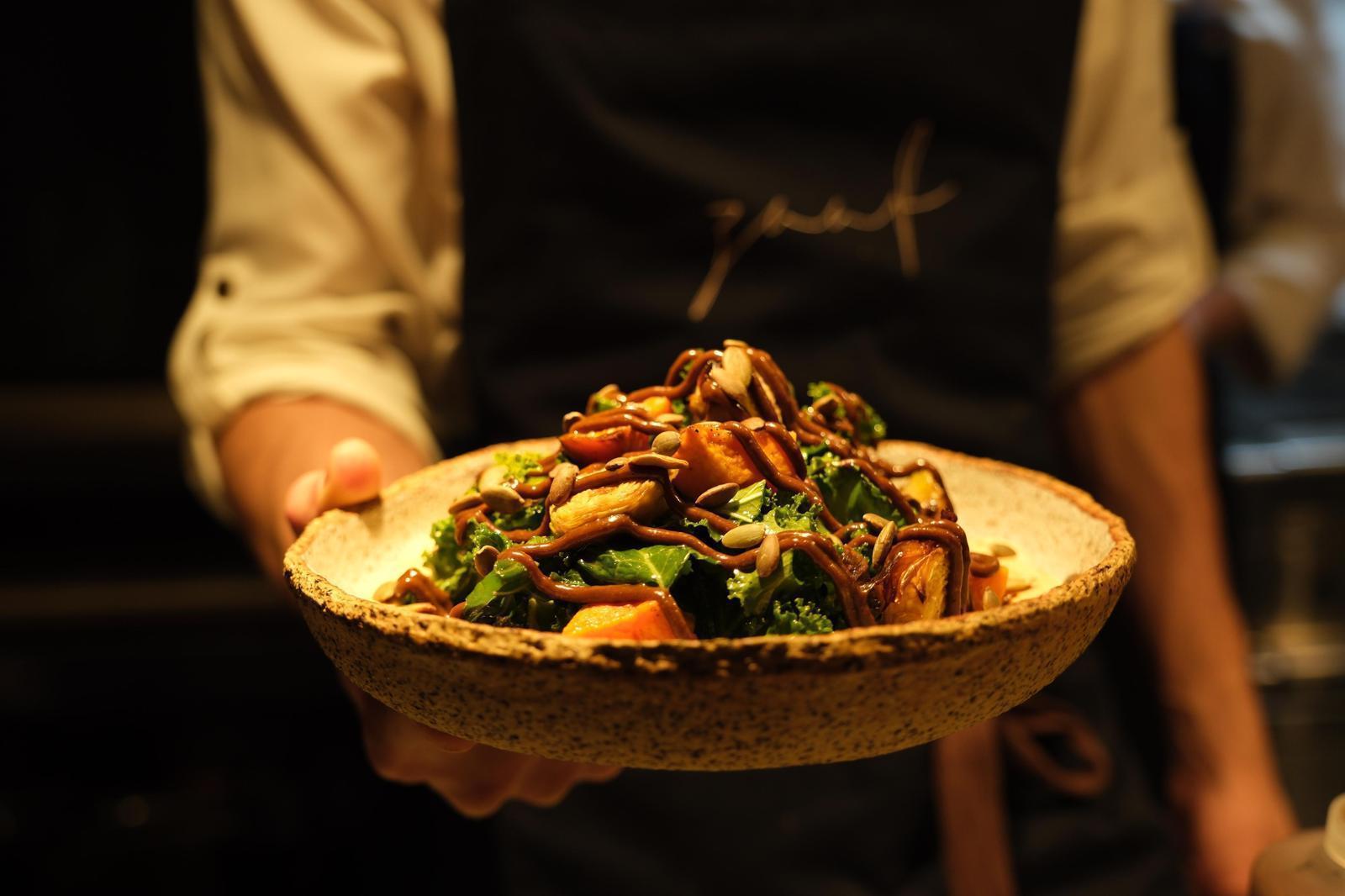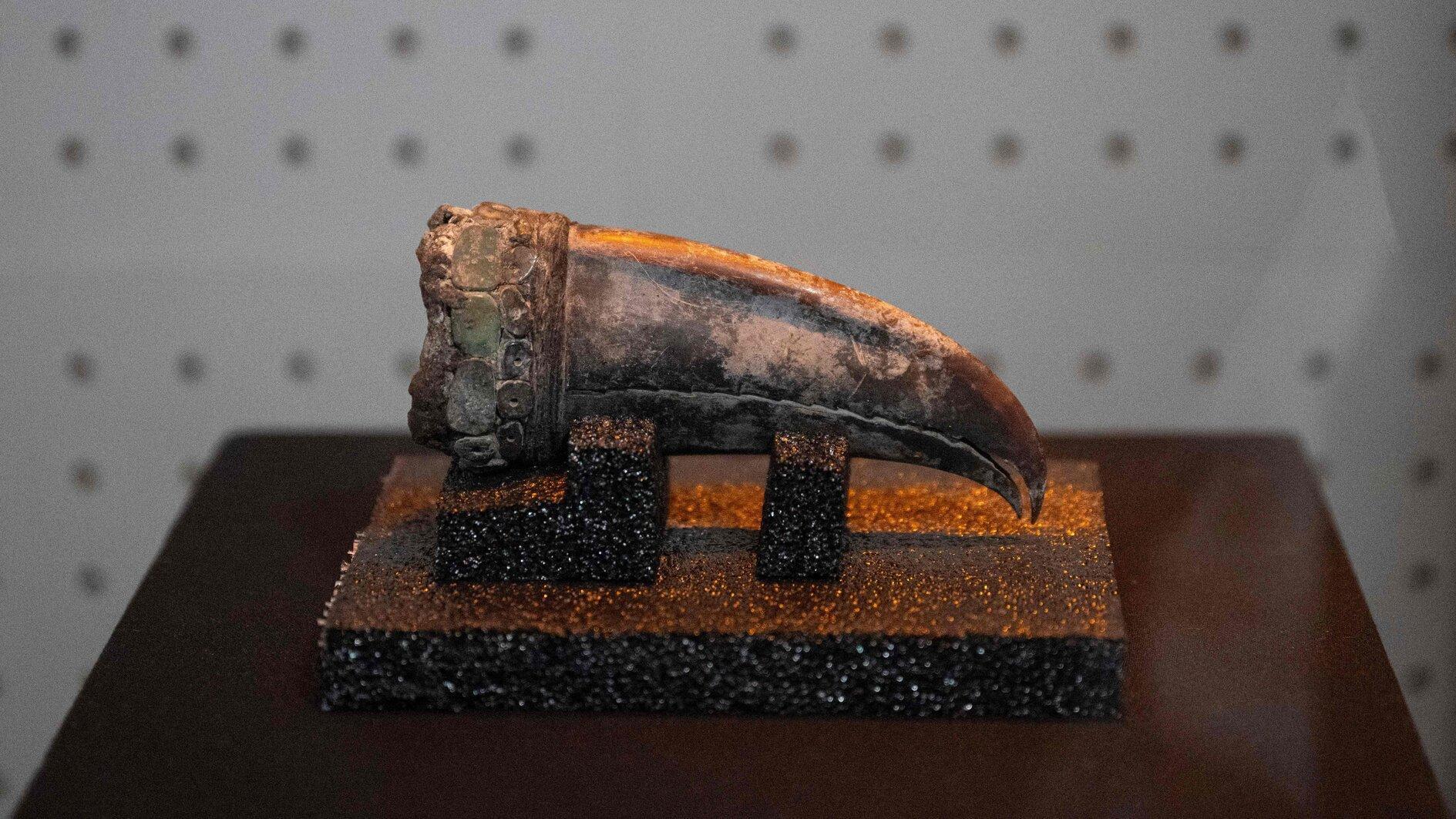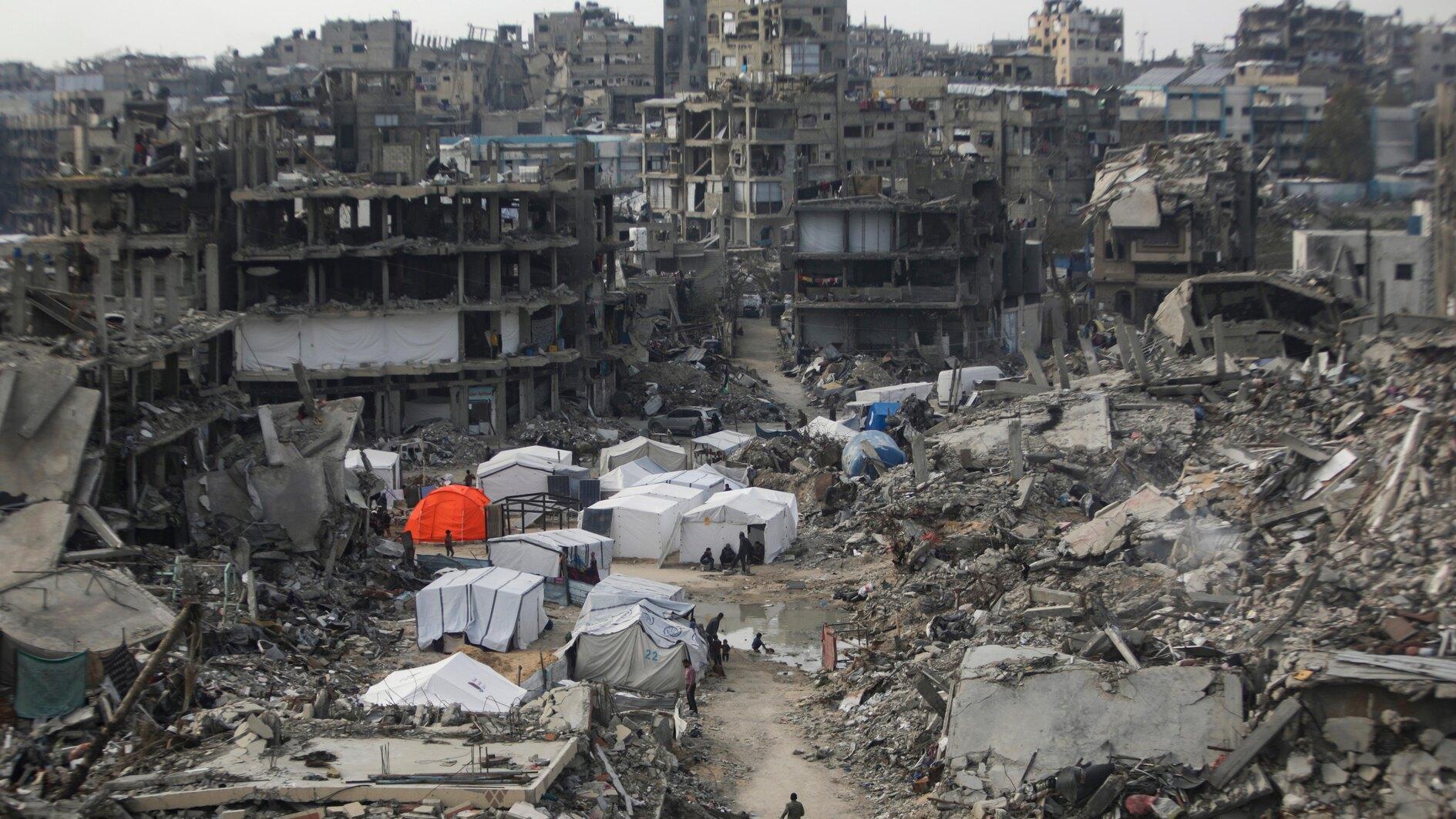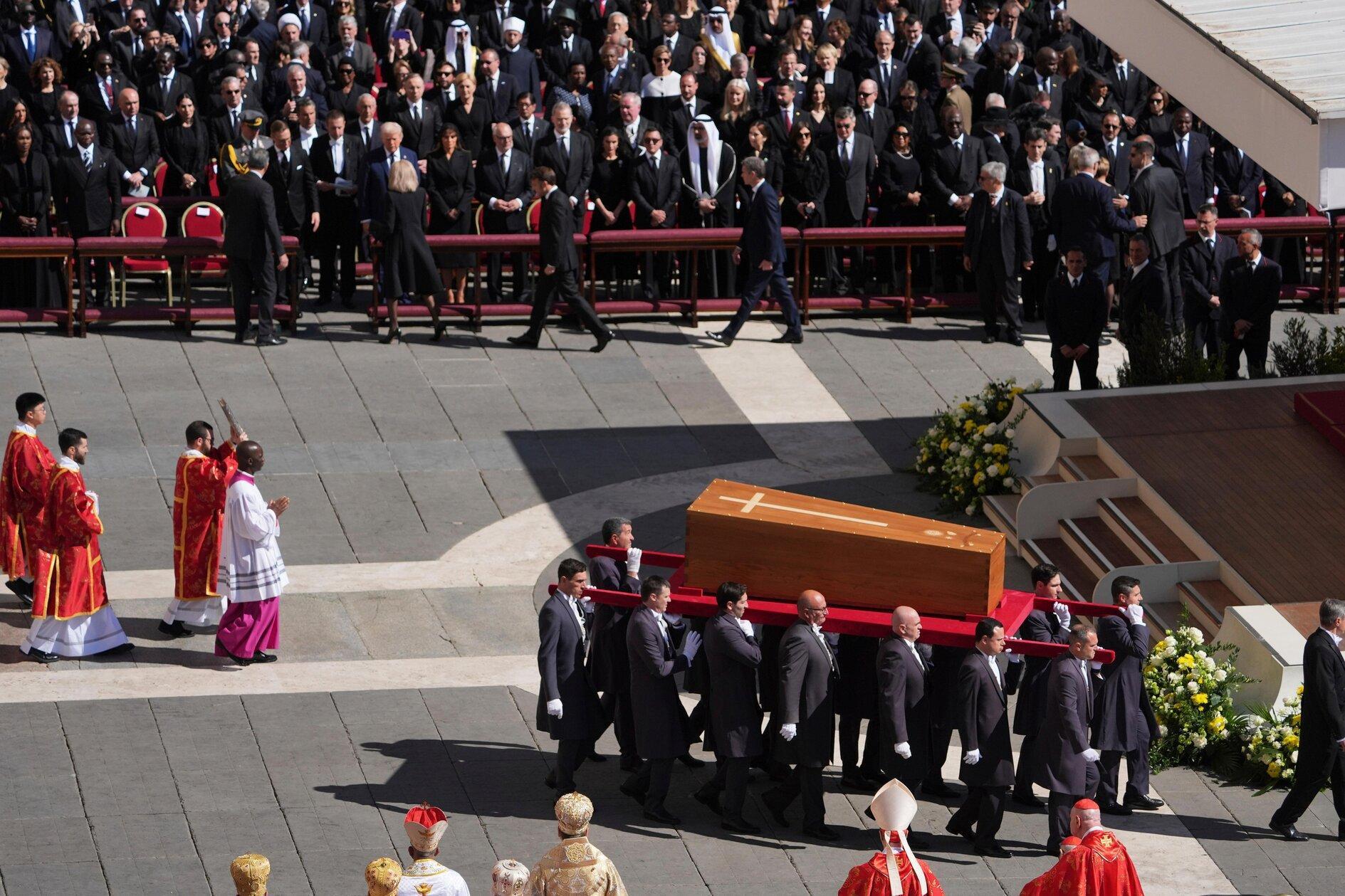Sultan of Brunei introduces tough Islamic punishments
BANDAR SERI BEGAWAN - Agence France-Presse
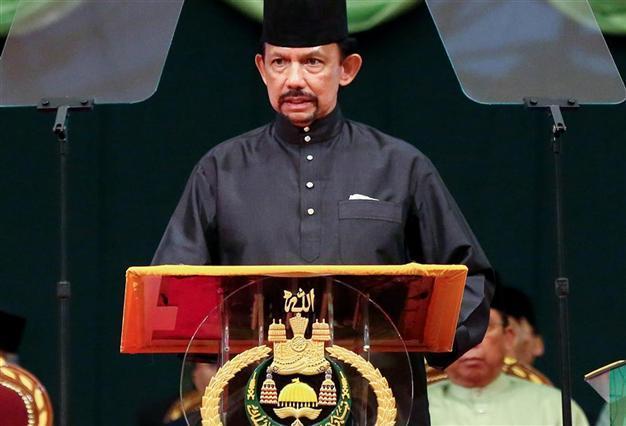
Brunei Sultan Hassanal Bolkiah delivers his speech during the official opening of the Majlis Ilmu 2013 in Bandar Seri Begawan on October 22, 2013. AFP PHOTO
The Sultan of Brunei on Tuesday introduced tough Islamic punishments including death by stoning for crimes such as adultery, making his oil-rich realm the first East Asian country to do so at the national level.Sultan Hassanal Bolkiah -- one of the world's wealthiest men -- said a new Sharia Penal Code in the works for years was officially introduced Tuesday and would "come into force six months hereafter and in phases", sparking sharp criticism from rights groups.
Under the code, which applies only to Muslims, punishments can include stoning to death for adultery, severing of limbs for theft, and flogging for violations ranging from abortion to alcohol consumption.
"By the grace of Allah, with the coming into effect of this legislation, our duty to Allah is therefore being fulfilled," the sultan, 67, said in a speech.
An absolute monarch whose family has tightly controlled the tiny, languid realm of 400,000 people for six centuries, the sultan first called in 1996 for sharia criminal punishments.
"Brunei is showing its feudal characteristics as an 18th-century state rather than an important member of a regional Southeast Asian economic and social consensus in the 21st century," said Phil Robertson, deputy Asia director at Human Rights Watch.
He called the legal change "rights-abusing, abhorrent, and absolutely unjustifiable".
Brunei already practices a brand of Islam that is relatively conservative compared to its Muslim neighbours Malaysia and Indonesia, banning the sale and public consumption of alcohol and closely restricting other religions.
But sharia has been a rare point of contention in a land where the sultan's word is unquestioned, with many Bruneians quietly grumbling that the concept is out of step with the affluent country's laid-back ethnic Malay society.
The monarch himself has acknowledged concerns over sharia in recent years as the code was being drafted. But he has repeatedly advocated strengthening the insular nation's Muslim roots in the face of potentially harmful outside influences including the Internet, while guarding against radicalism.
Nearly 70 percent of Brunei's people are Muslim Malays while about 15 percent are non-Muslim ethnic Chinese.
Brunei already has a dual system combining civil courts based on British law -- the sultanate was a British protectorate until 1984 -- and sharia-compliant courts handling marital, inheritance, and other low-key issues.


